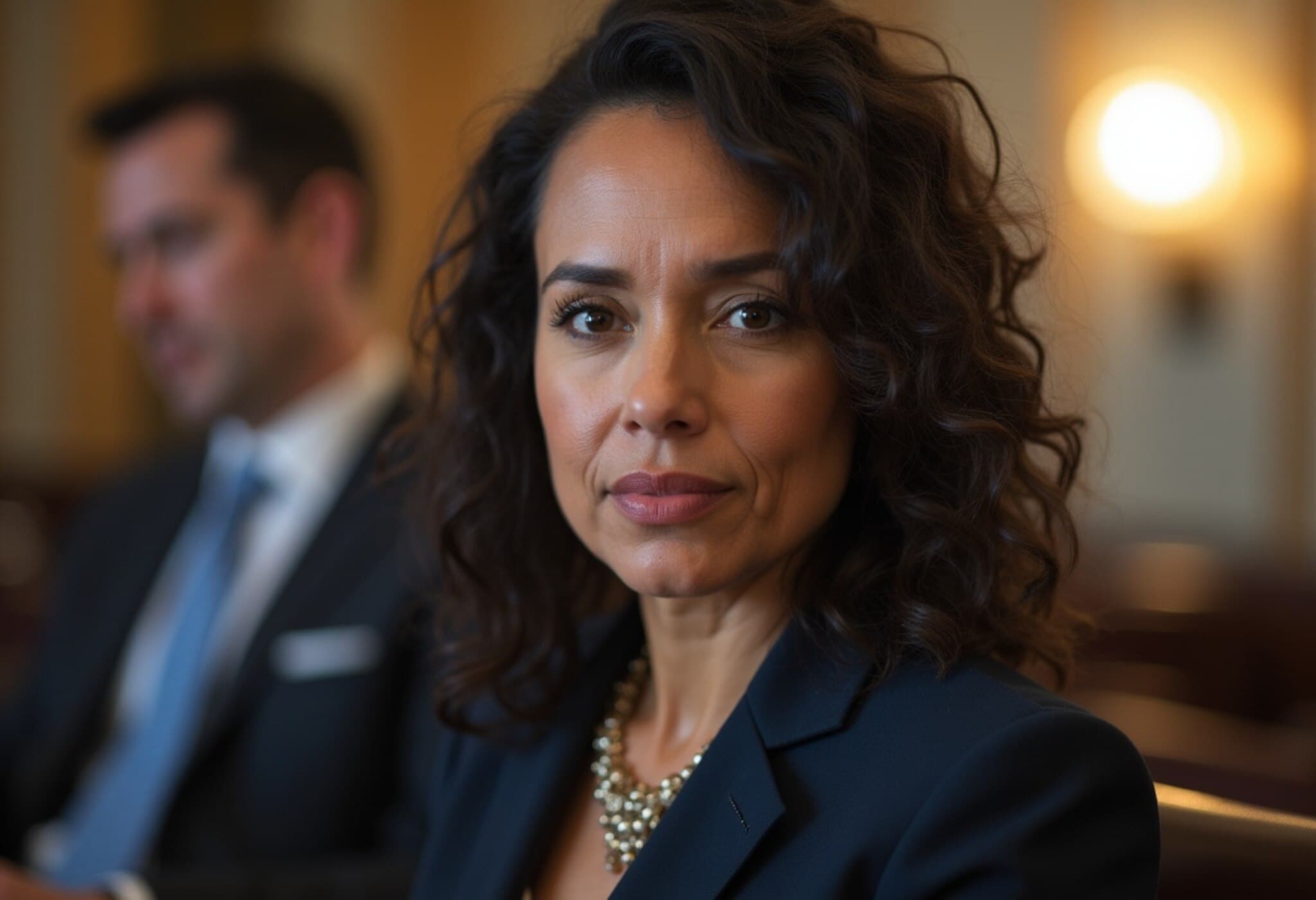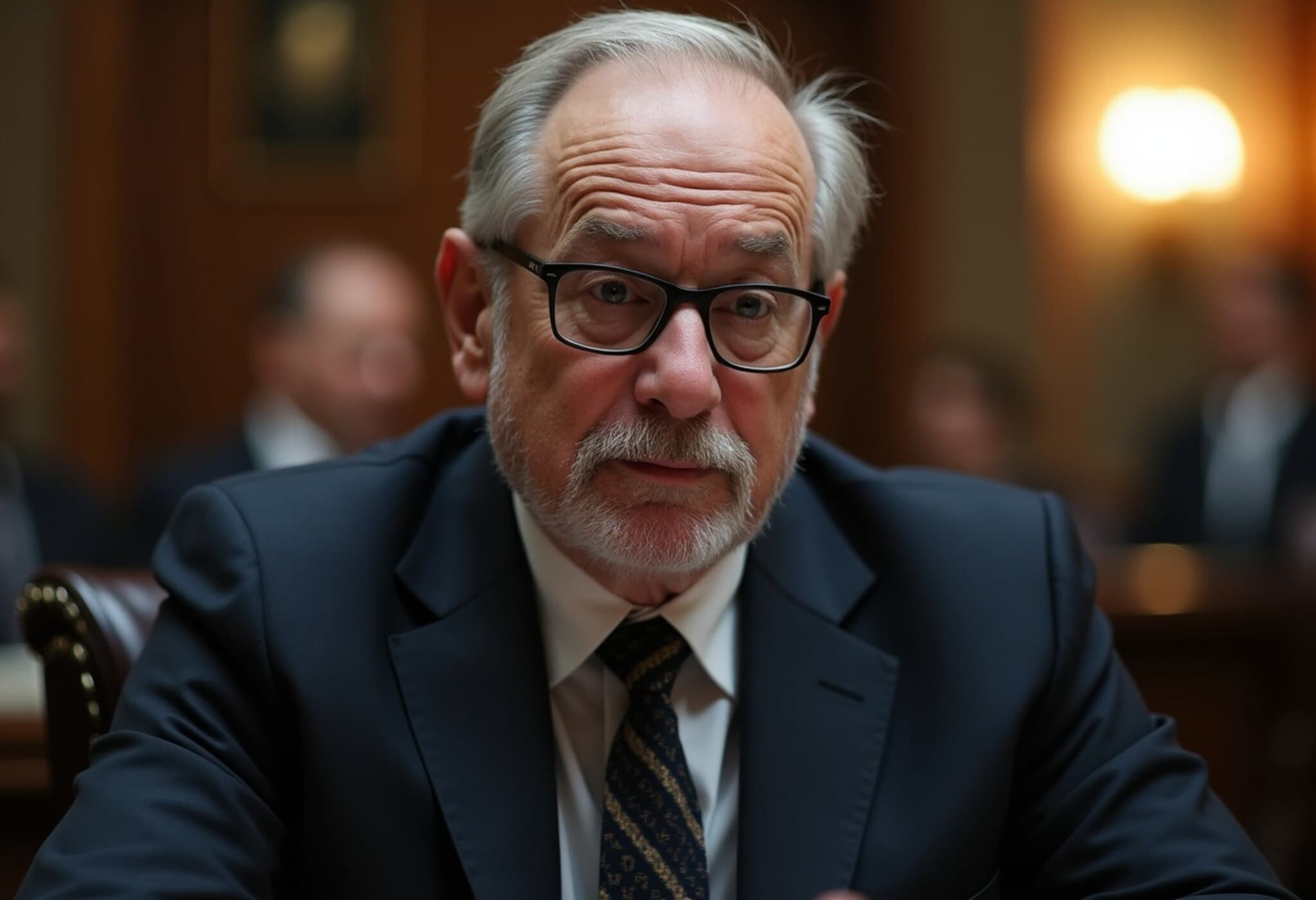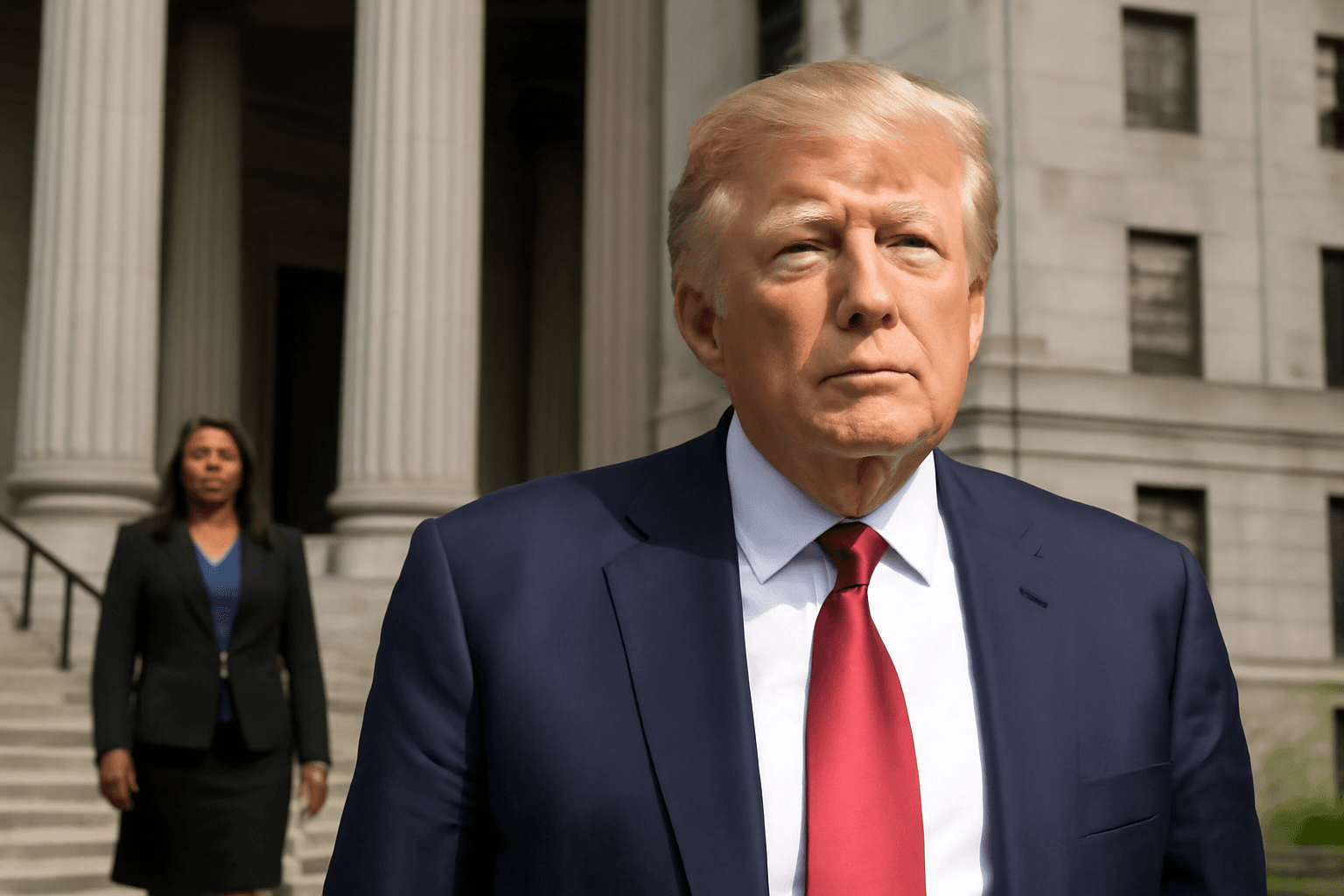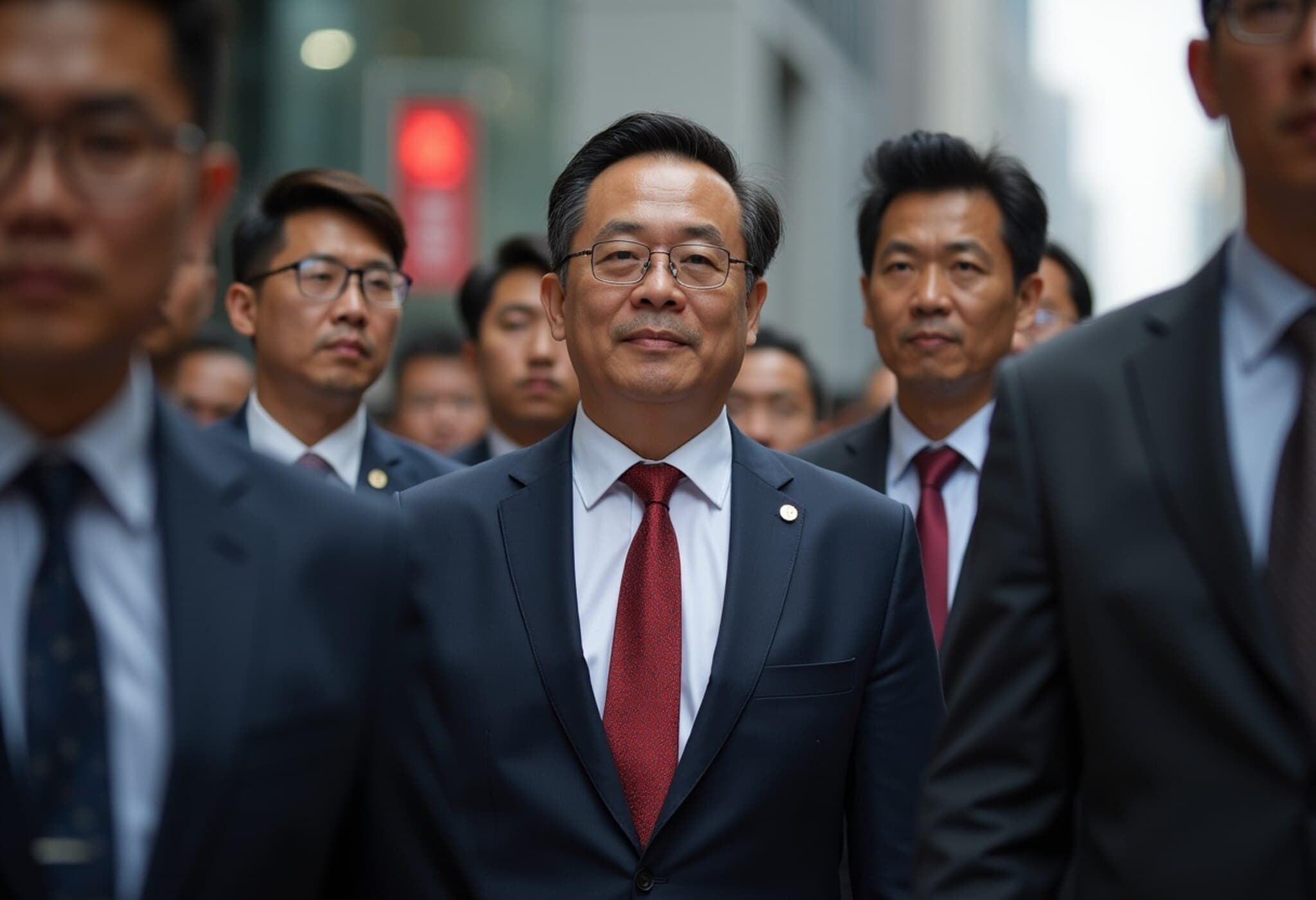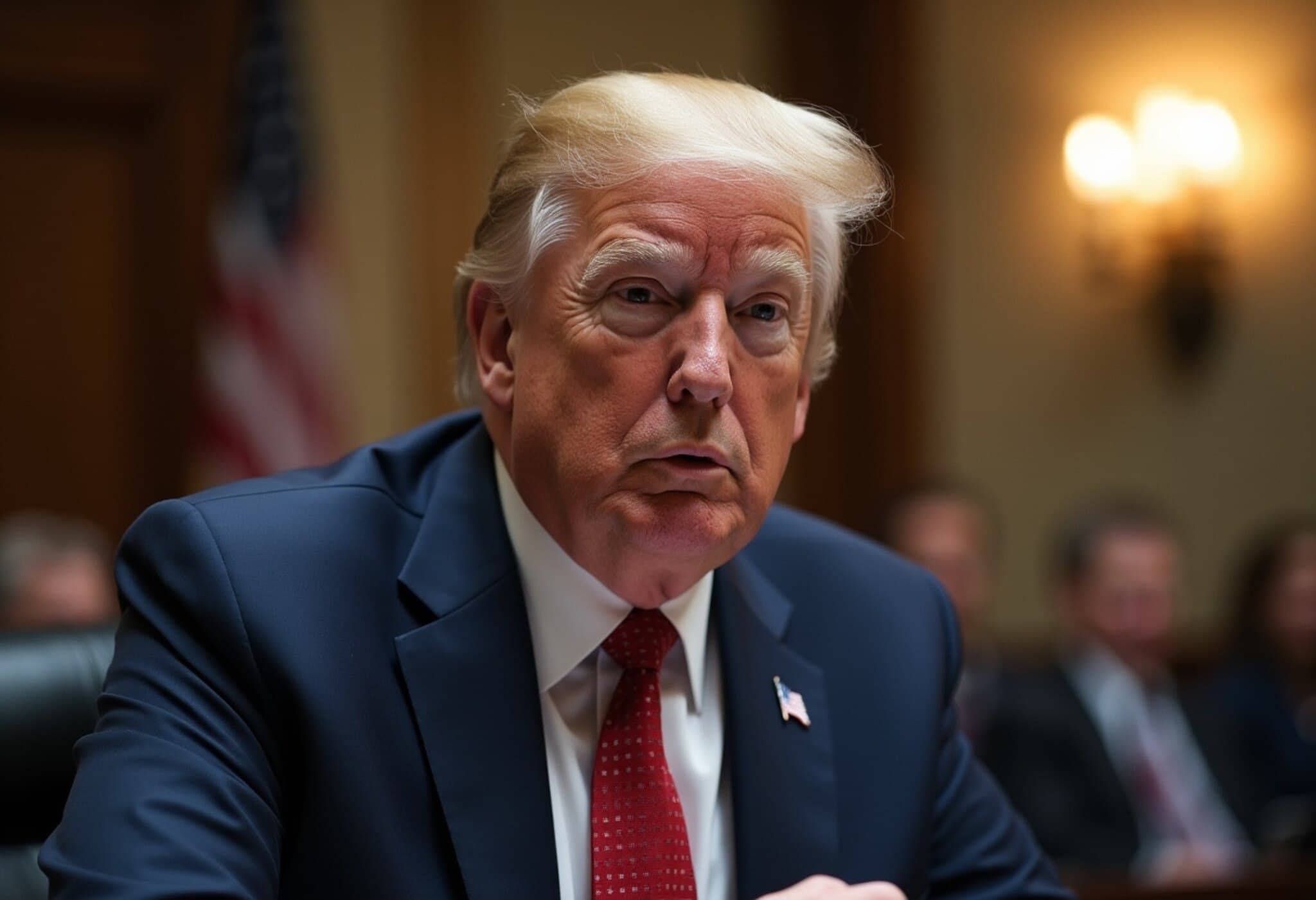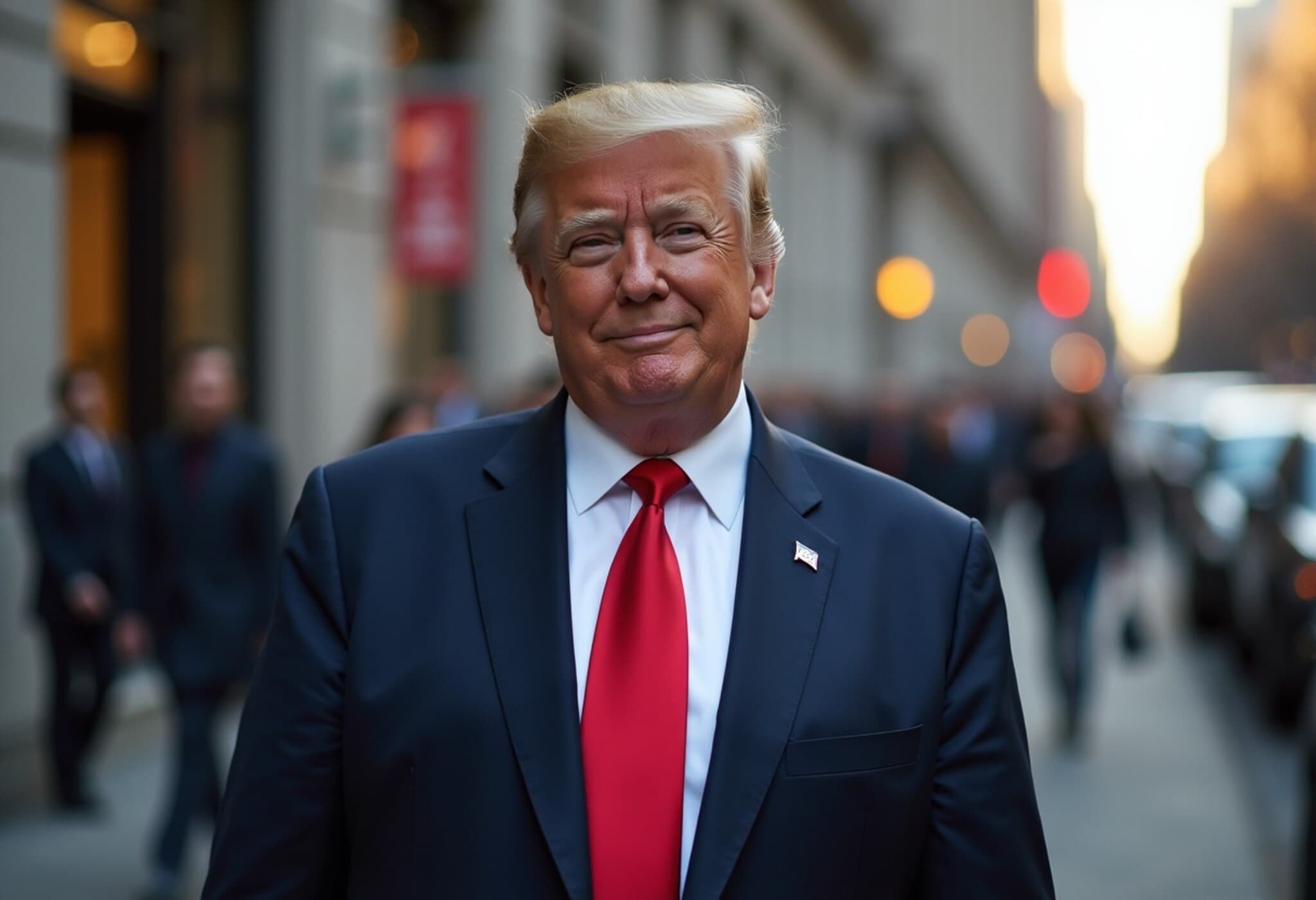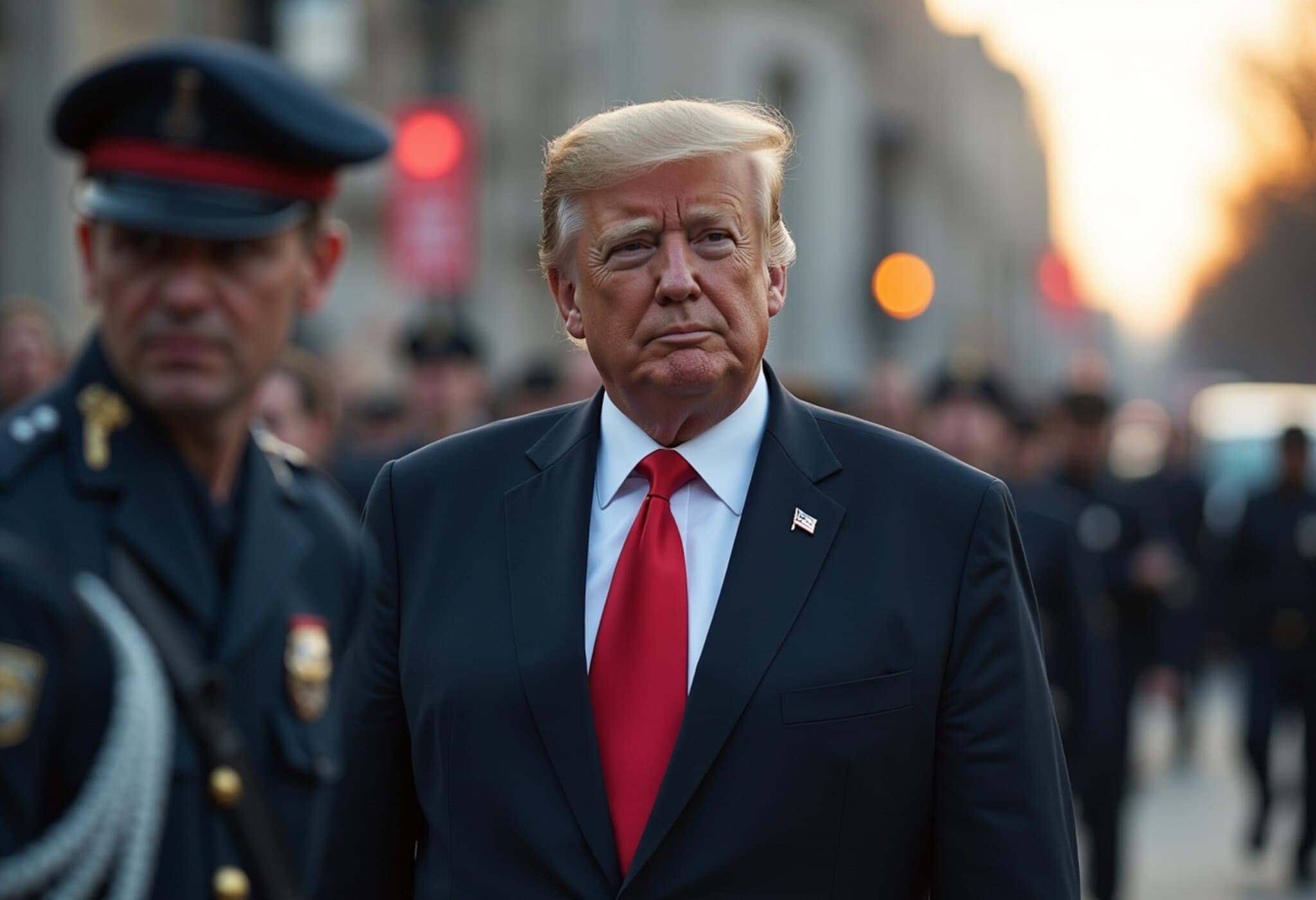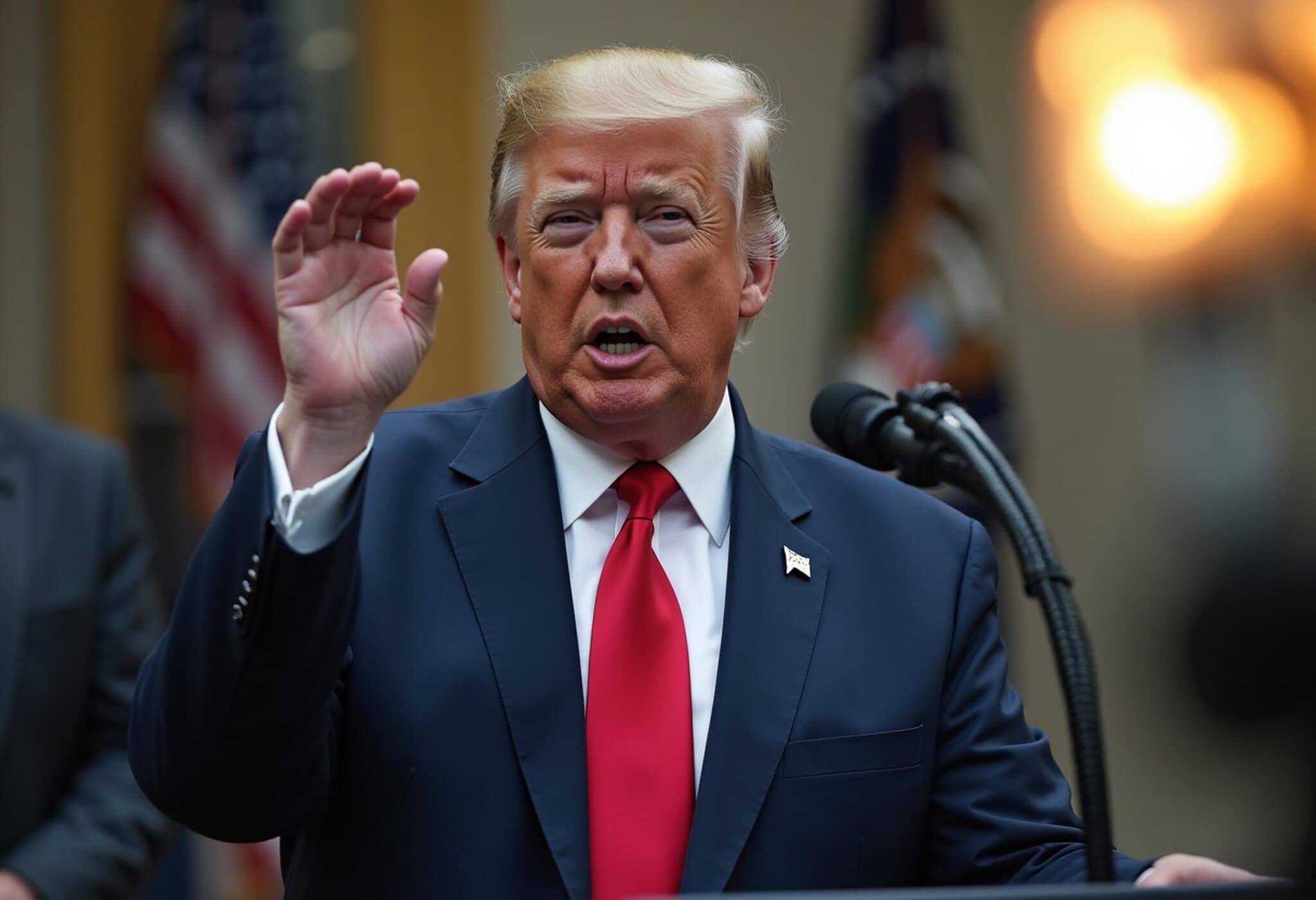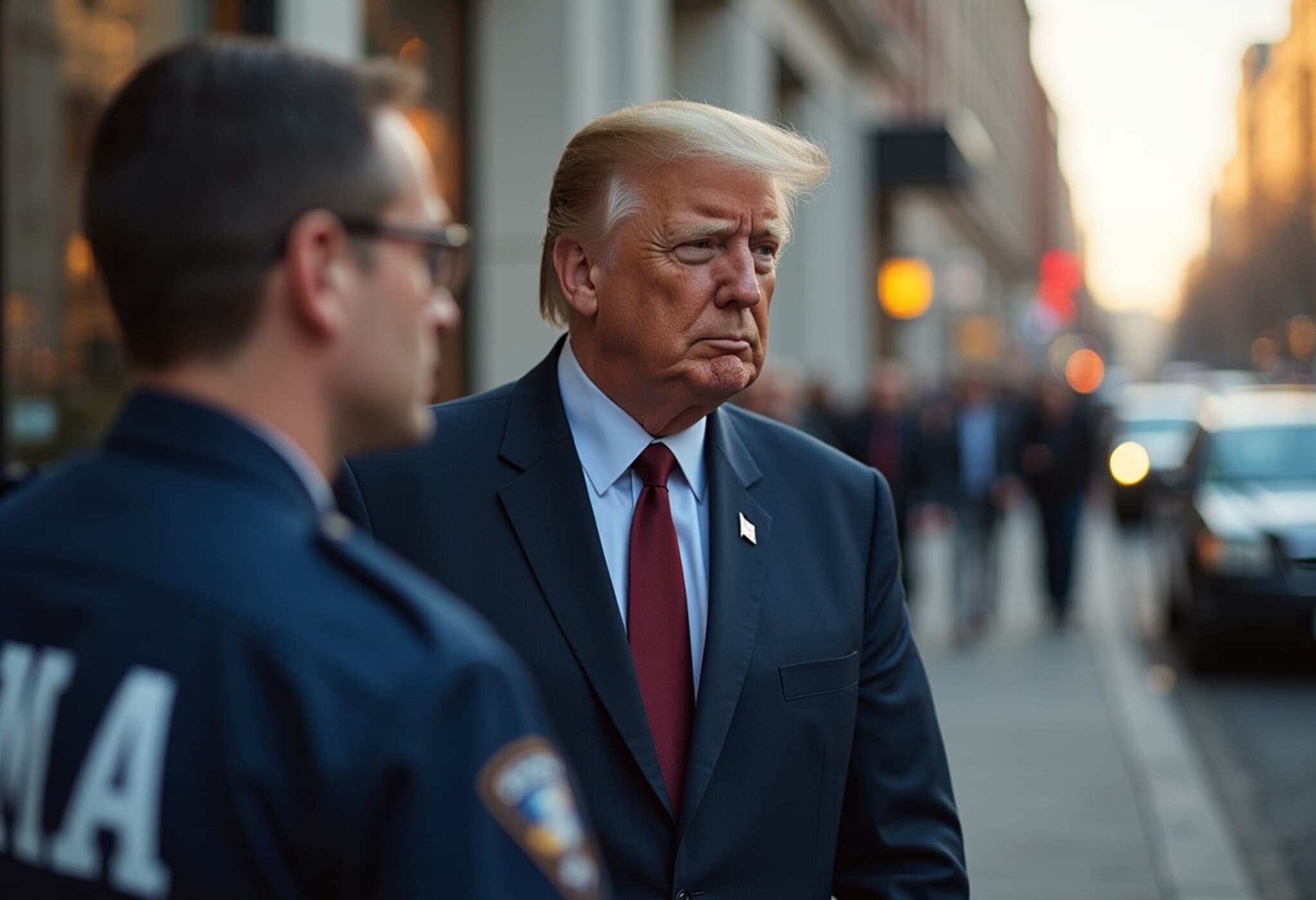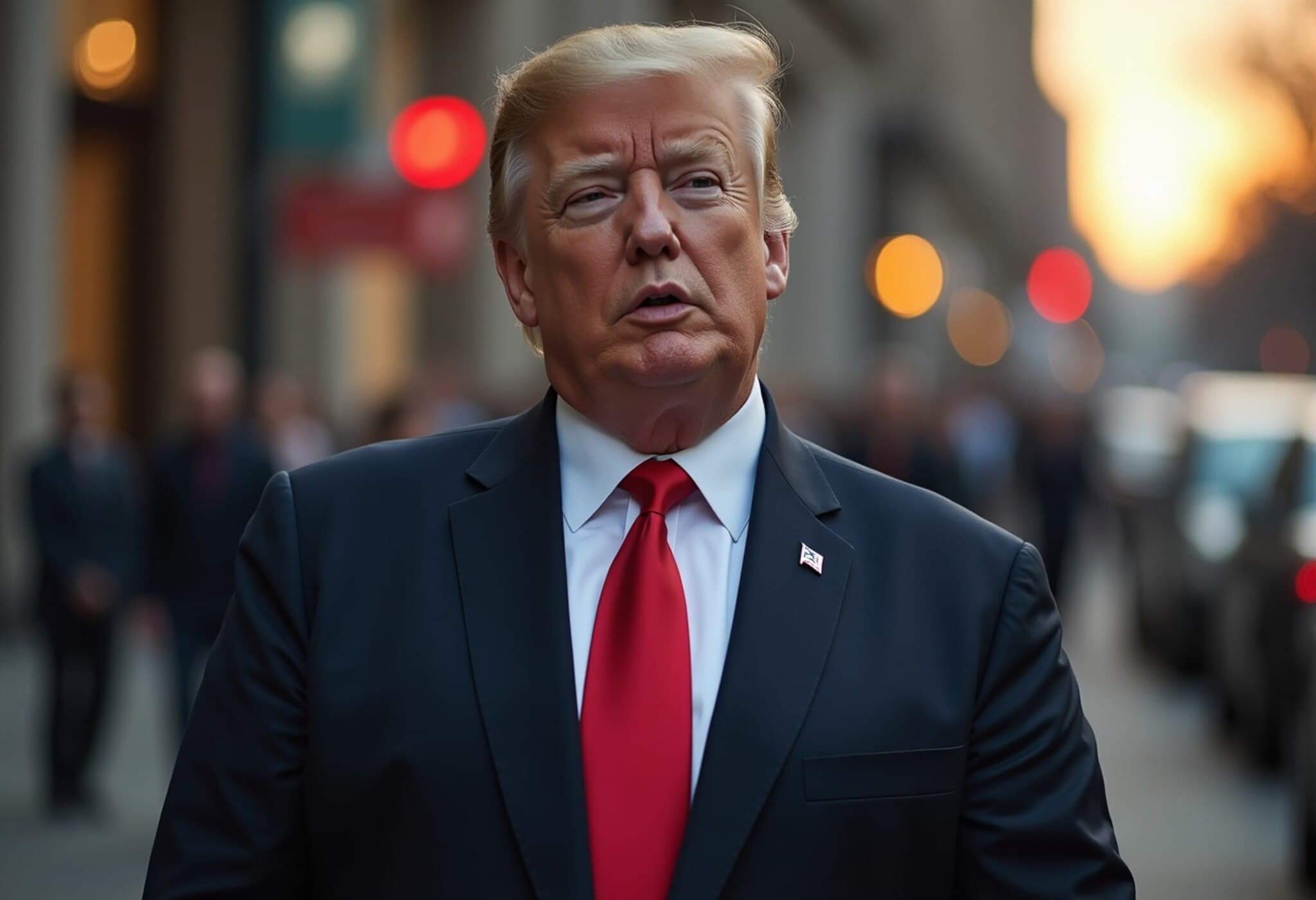Federal Judge Declares Alina Habba’s Tenure as New Jersey Acting Attorney Invalid
In a significant legal setback for former President Donald Trump, a U.S. federal judge has ruled that Alina Habba’s role as the acting U.S. Attorney for New Jersey was unlawful. Judge Matthew Brann decisively determined that Habba’s interim appointment expired in July 2025, and that the Trump administration’s attempts to extend her tenure through unconventional means violated federal rules.
Background on Alina Habba’s Controversial Appointment
Alina Habba, known chiefly as a former defense lawyer for Donald Trump, notably gained visibility representing him in high-profile legal battles. Prior to her federal prosecutor appointment, Habba briefly served as a White House adviser. In March 2025, the Trump administration installed her as the acting U.S. Attorney for New Jersey, sidestepping Senate confirmation.
This politically charged appointment immediately drew attention, as Habba publicly expressed ambitions to shift New Jersey’s political alignment, stating she intended to “turn New Jersey red” — an unusual and overtly partisan stance from a federal prosecutor.
Actions During Habba’s Controversial Tenure
During her brief time in office, Habba pursued several politically sensitive prosecutions:
- Filed a trespassing charge against Newark Mayor Ras Baraka relating to his visit to a federal immigration detention center; the charge was later dropped.
- Charged Democratic U.S. Representative LaMonica McIver with assault stemming from the same incident — a rare federal criminal charge against a sitting member of Congress outside of corruption allegations. McIver pleaded not guilty and denied the allegations.
These moves underscored concerns about the prosecutorial agenda under Habba, blending legal action with overt political undertones ahead of upcoming elections.
Judge Brann’s Ruling and Its Legal Implications
Judge Brann ruled that after July 1, 2025, Habba’s execution of duties as acting attorney was unauthorized and contrary to federal law. All actions she took post-expiration are to be considered void, and she has been disqualified from taking any further cases. The ruling is a clear reminder of the legal boundaries governing temporary appointments in the federal justice system and the Senate’s role in confirming such positions.
Justice Department Pushes Back: Plans to Appeal
The Department of Justice, led by Attorney General Pam Bondi, announced its intention to challenge Judge Brann’s decision. Bondi praised Habba’s work as “incredible” and framed the ruling as an “activist judicial attack” threatening to destabilize prosecutorial appointments nationwide.
If the appeal fails, it opens the door for scrutiny of several other U.S. attorneys appointed in a similar fashion without Senate approval, raising broader questions about executive authority and the balance of power in staffing federal judicial positions.
Expert Perspective: The Broader Impact on Federal Legal Appointments
This decision underscores the tightrope the executive branch walks when appointing interim officials without confirmation. In recent years, particularly under the Trump administration, there has been an increase in appointment practices pushing legal limits. Experts warn that ongoing controversies like Habba’s case could weaken public trust in impartial federal prosecution and politicize the justice system further.
From a policy standpoint, this case signals potential legislative discussions about reforming the rules around temporary federal appointments to ensure adherence to constitutional principles and maintain prosecutorial independence.
What Lies Ahead for New Jersey and Federal Prosecutions?
With Habba barred from continuing as acting attorney, the New Jersey District Court will likely see a reshuffling of leadership. This uncertainty may temporarily disrupt ongoing sensitive cases, particularly those perceived as politically motivated. Meanwhile, political observers will closely watch how the state’s traditionally Democratic stronghold navigates these shifting legal dynamics.
Editor’s Note
The court’s ruling against Alina Habba’s appointment as acting attorney in New Jersey raises essential questions about the intersection of law, politics, and executive power. While ensuring legality in appointments safeguards justice and constitutional order, the politicization of legal processes risks eroding public confidence in federal institutions. As the Justice Department appeals this ruling, stakeholders must consider how to maintain prosecutorial independence without sacrificing necessary executive flexibility. How the balance between oversight and autonomy is struck will profoundly shape the federal judiciary’s integrity moving forward.

